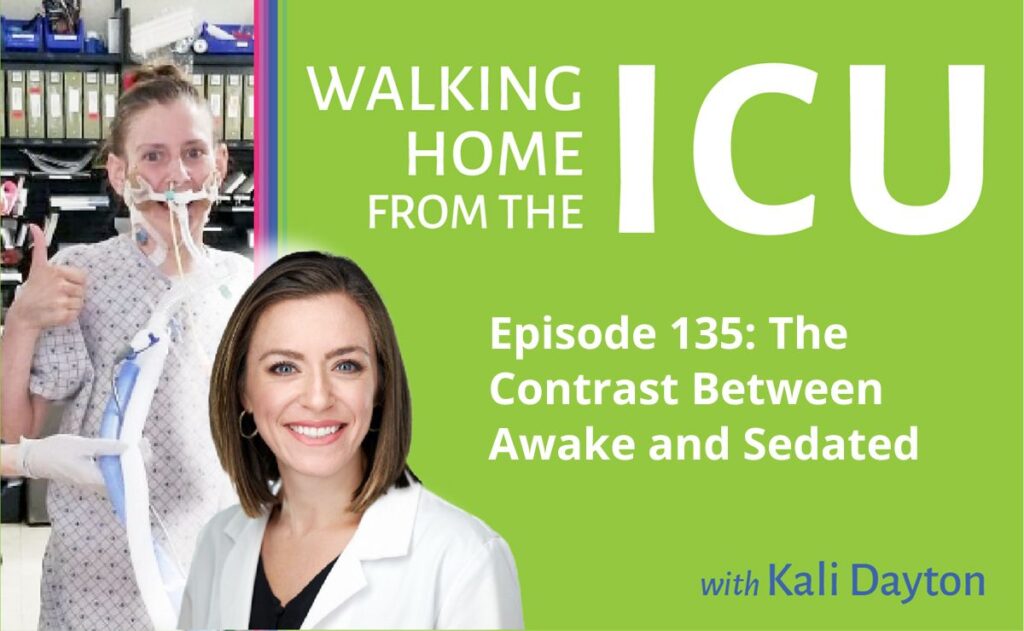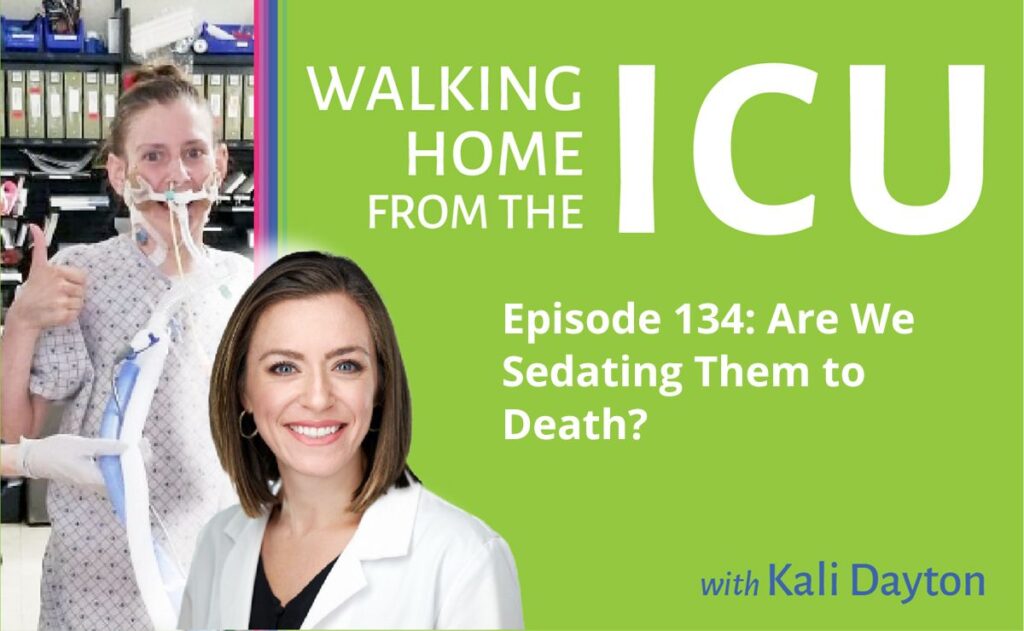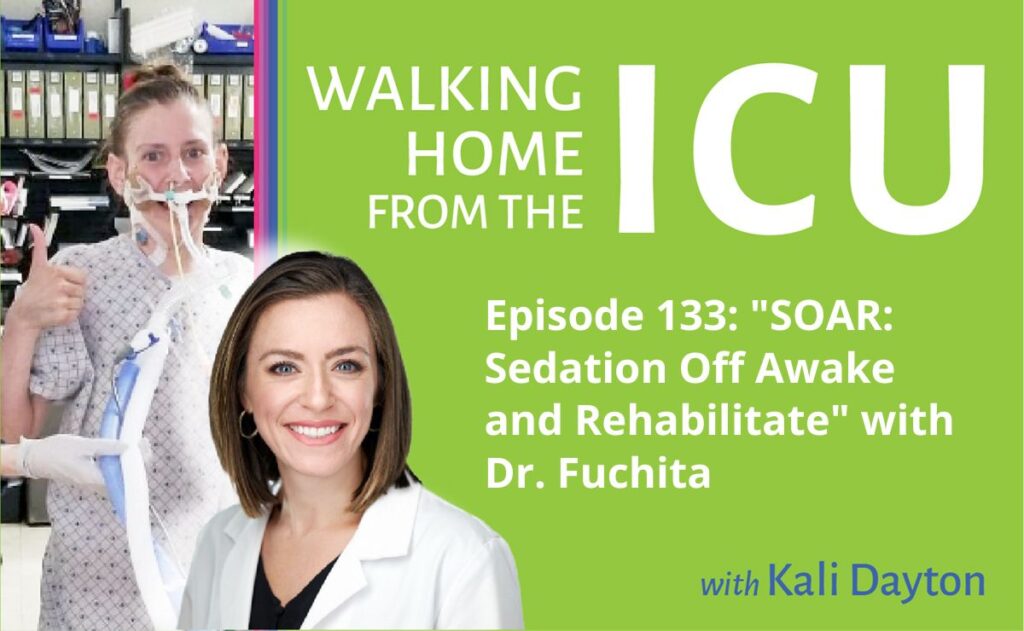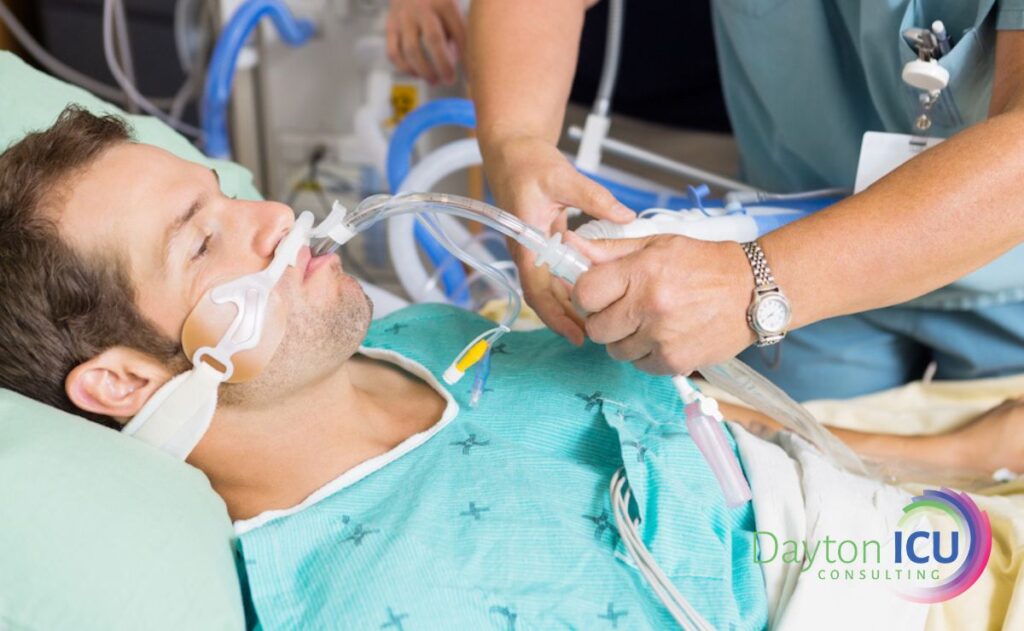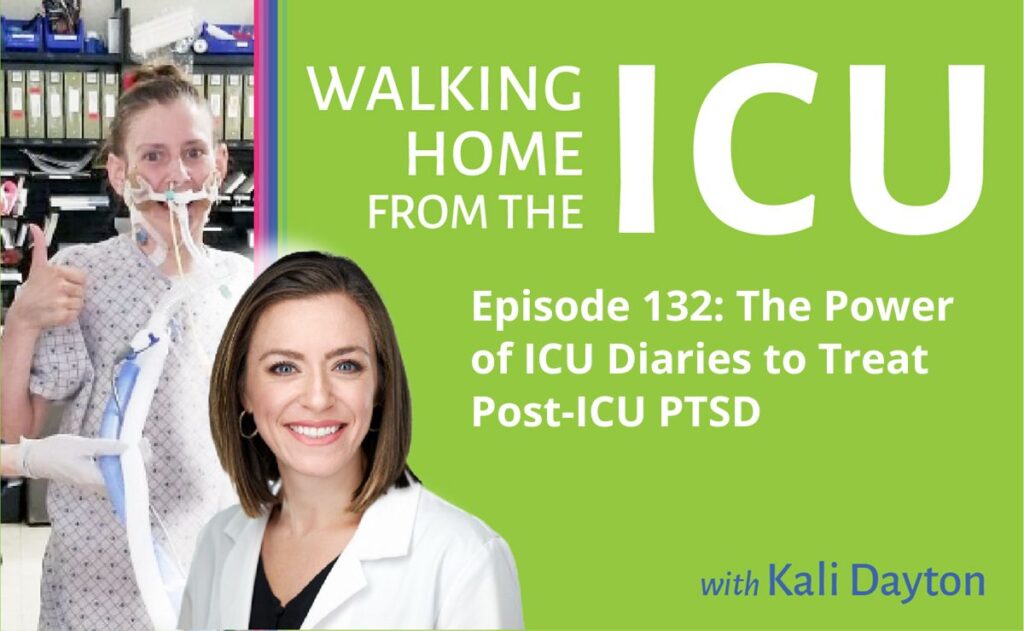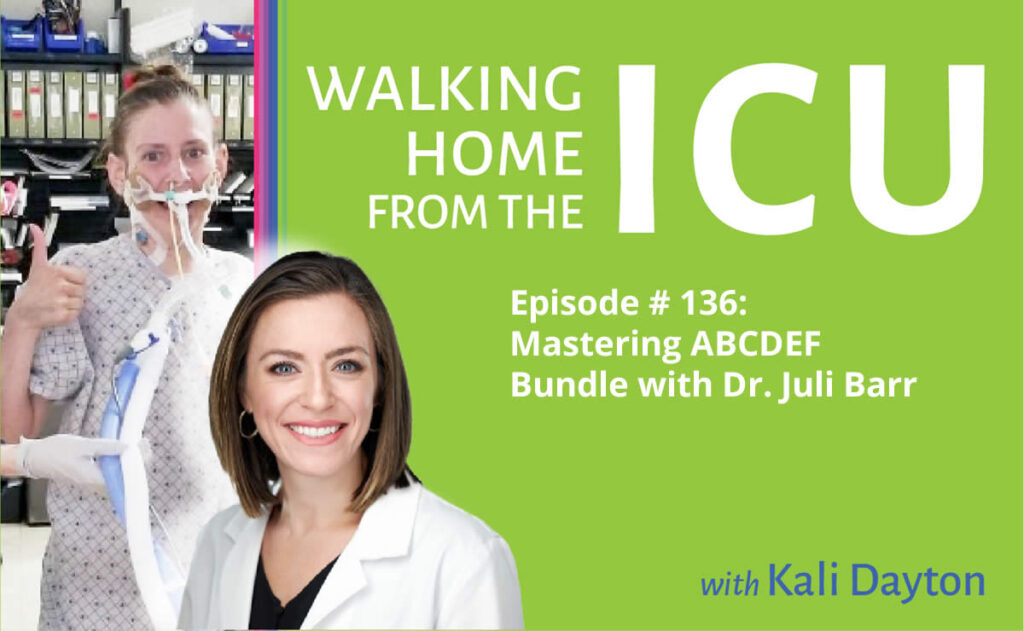
The mission to create Awake and Walking ICUs is not a brand new endeavor. Dr. Juli Barr, an early PAD and ICU liberation founder, shares with us the tools needed to master the ABCDEF bundle. Episode Transcription Kali Dayton 0:02 Dr. Barr, welcome to the podcast I am ecstatic to have you on. Can you
